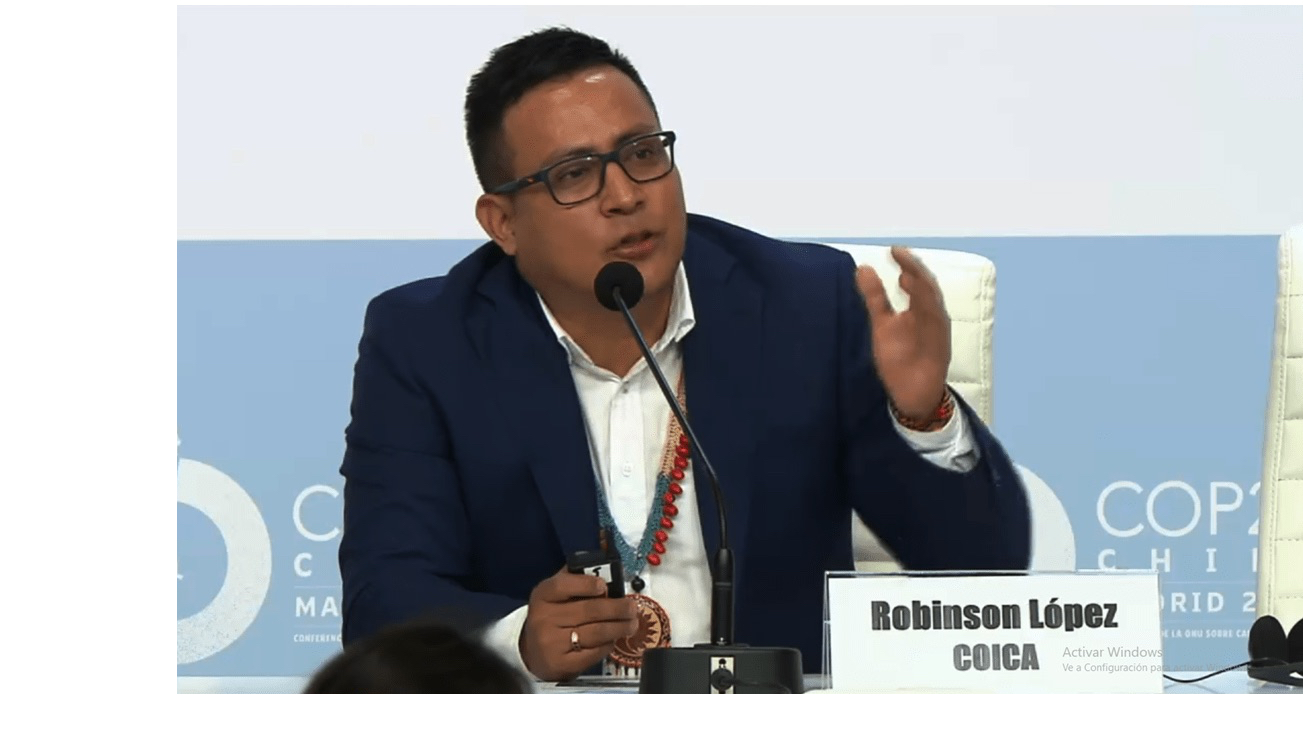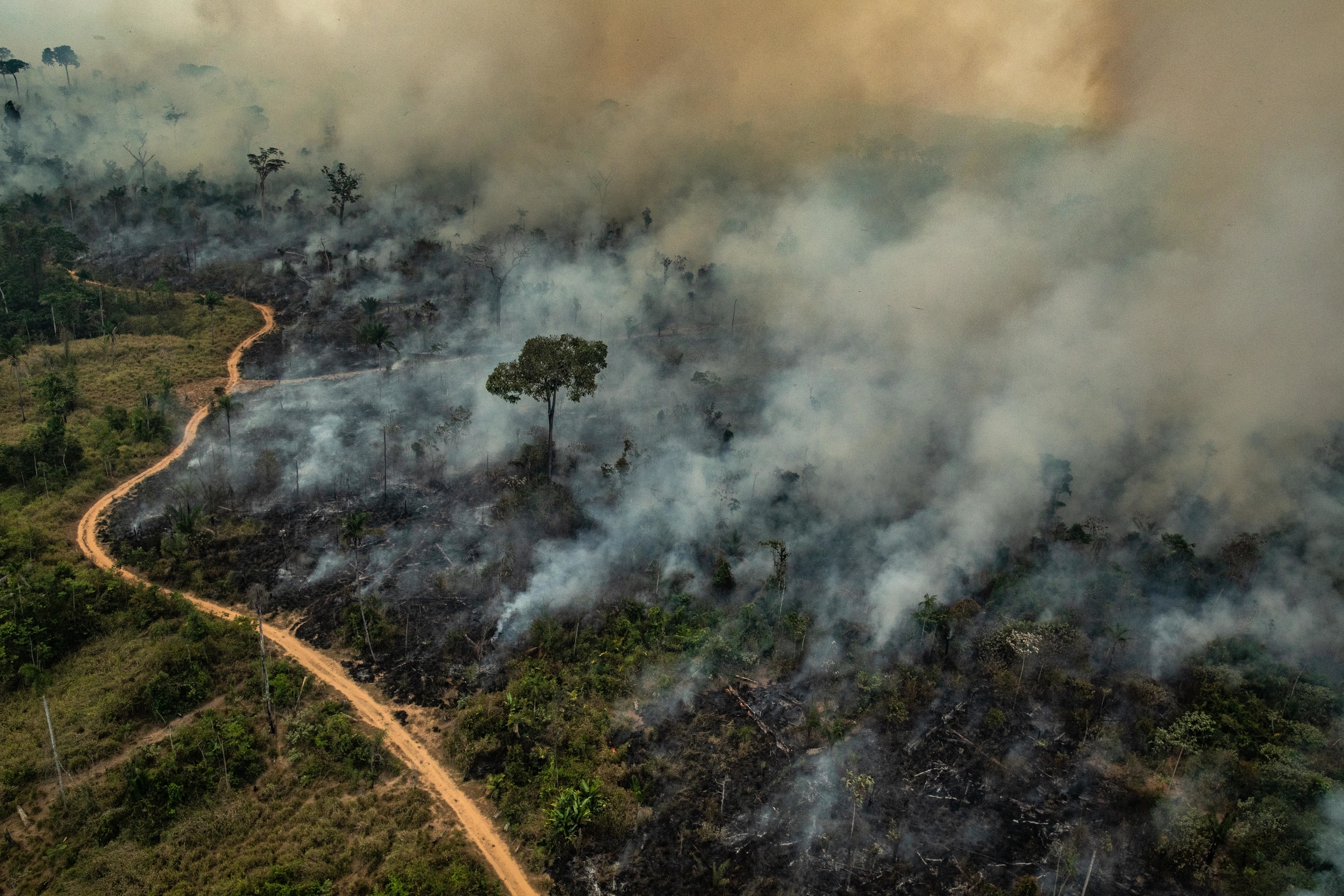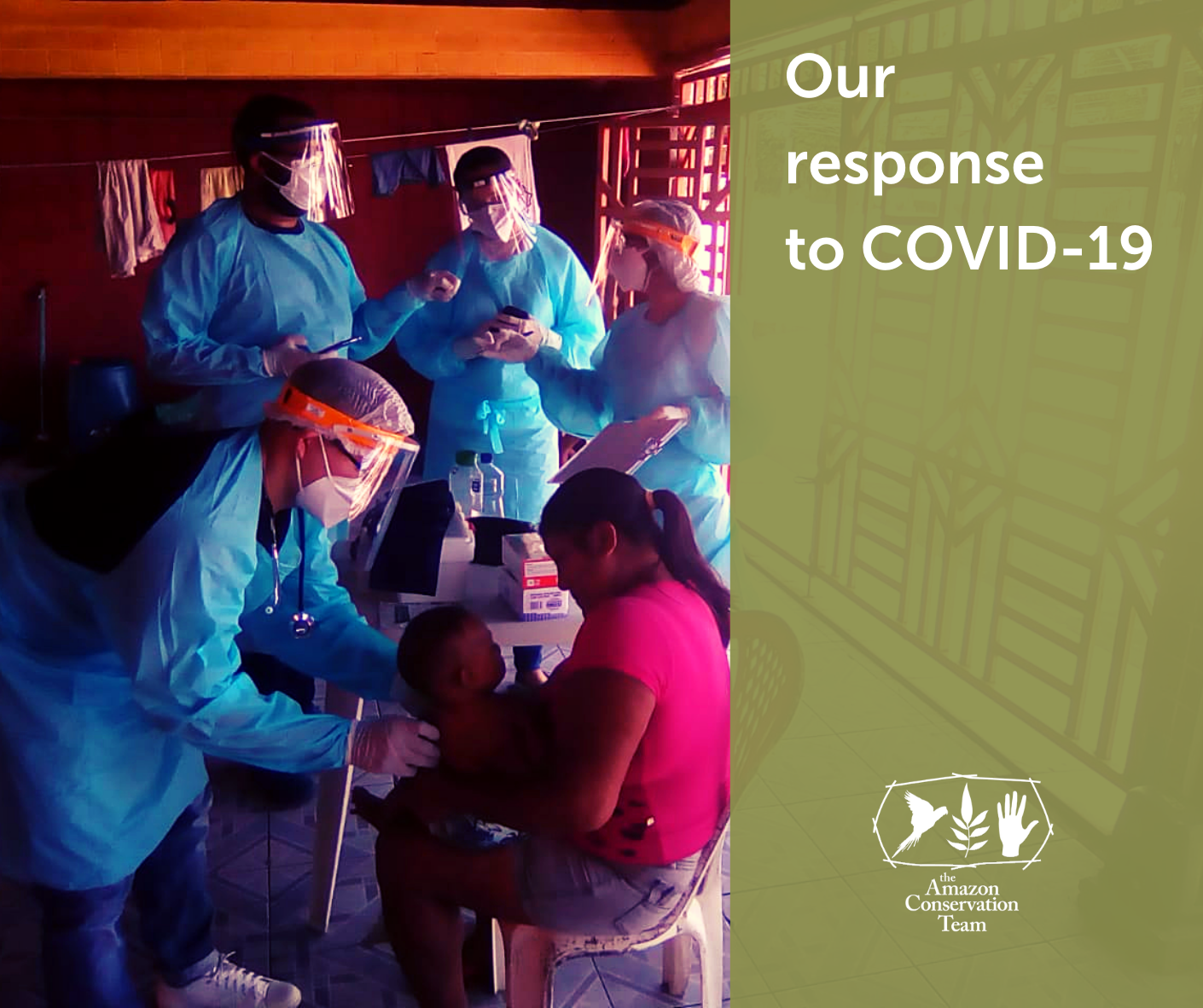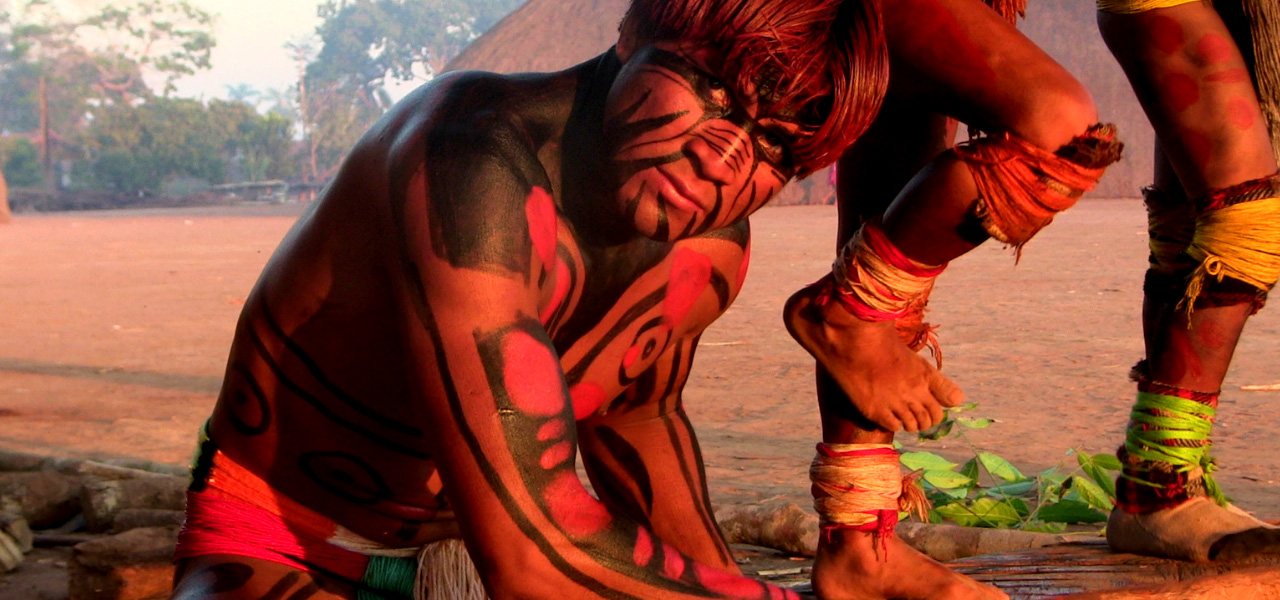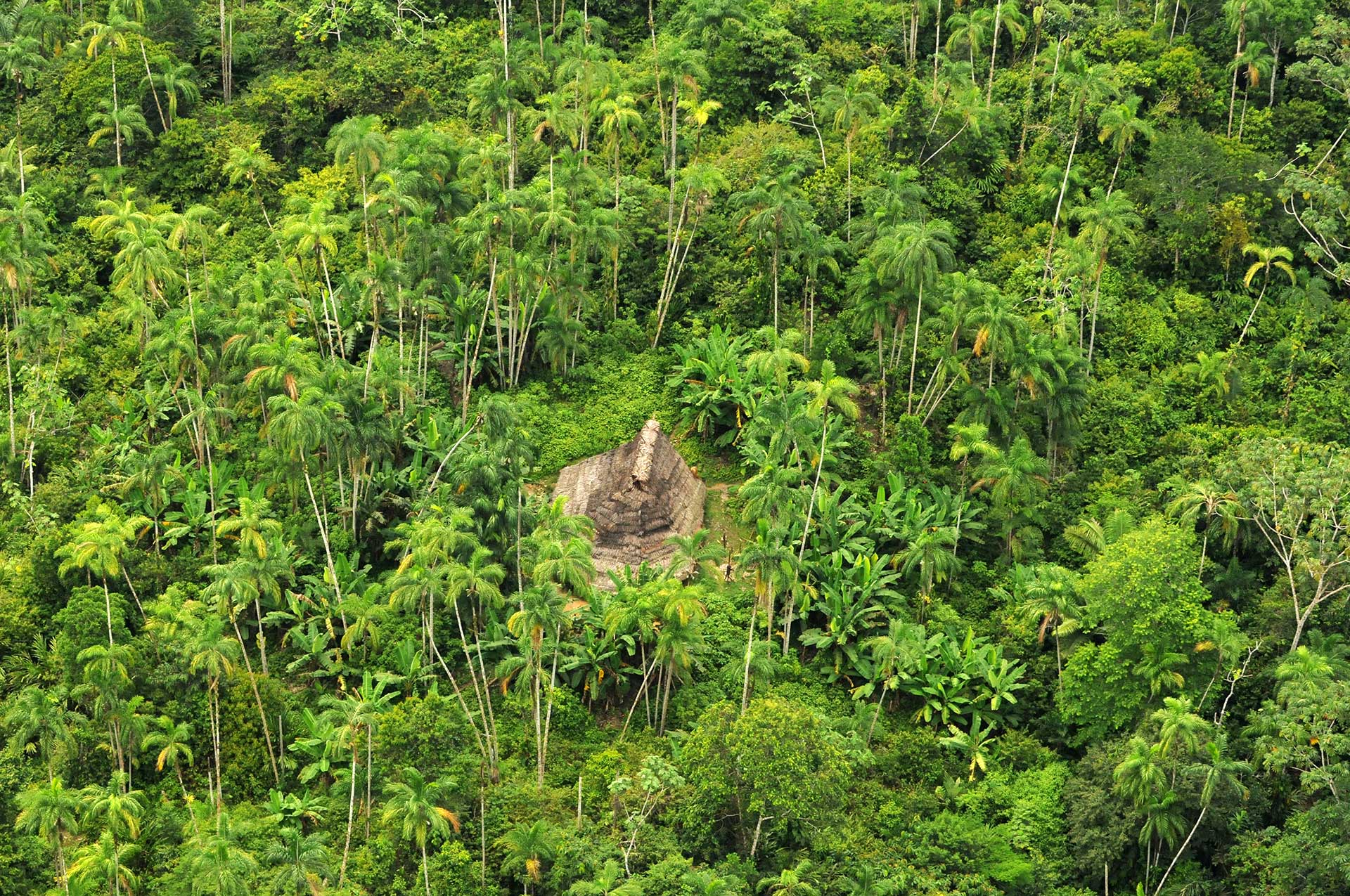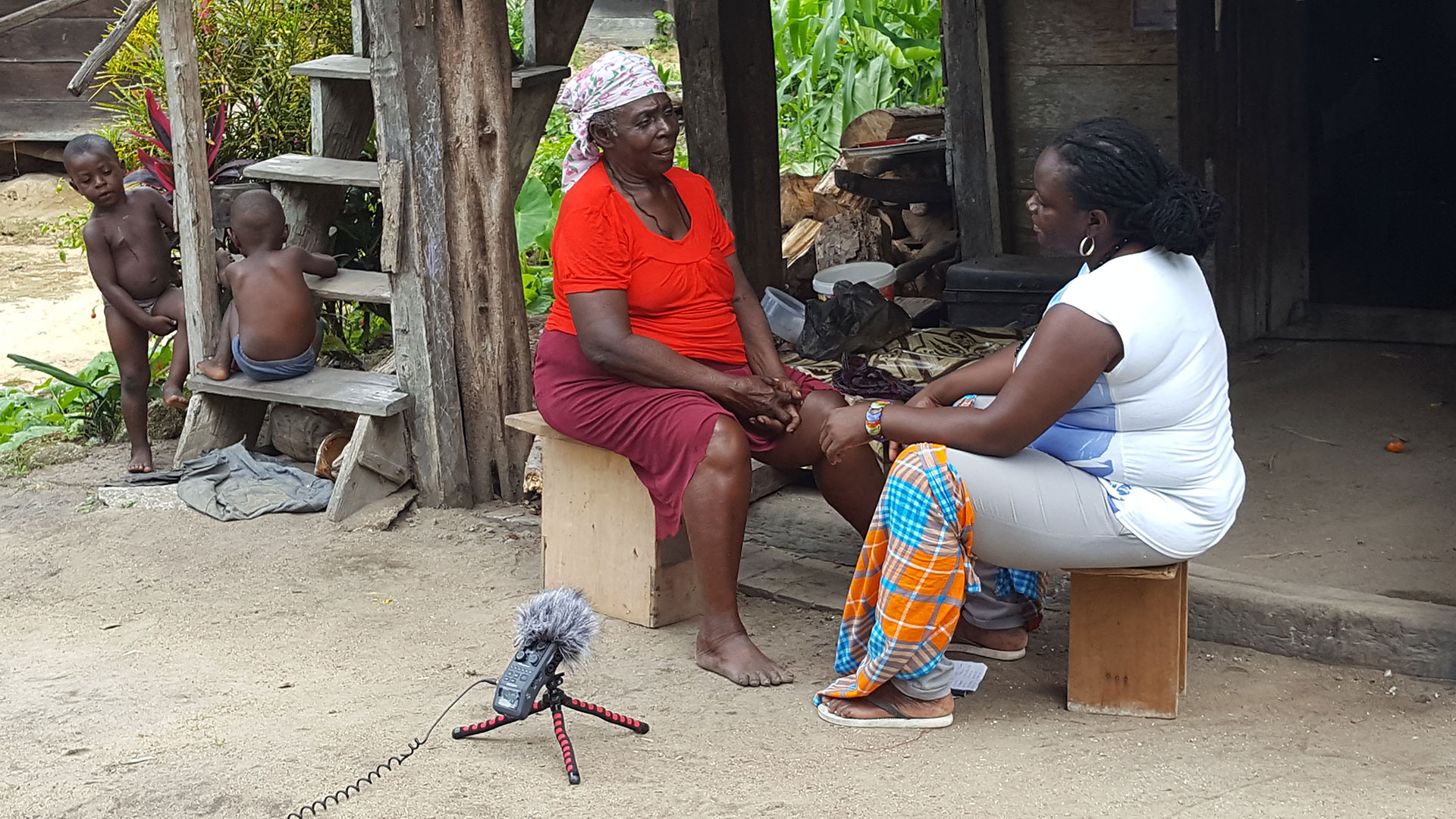Interview with Evandro Bernardi | Covid-19 Response
We sat down with ACT’s Evandro Bernardi for a firsthand look at how indigenous communties in the Brazilian Amazon are being impacted by the virus, and how ACT-Brasil is helping them respond to this crisis. Evandro has worked with indigenous communities for more than 20 years, and coordinates ACT’s fieldwork in the northeastern region of…
Read MoreOfficial Statement: The Passing of Robinson López Descanse
With immense pain, we mourn the passing of our friend and colleague Robinson López Descanse, Climate Change Coordinator of COICA (Coordinator of Indigenous Organizations of the Amazon Basin) and former Human Rights Coordinator of OPIAC (Organization of Indigenous Peoples of the Colombian Amazon). With great sadness, we say goodbye to Robinson. We honor the valuable and immense work…
Read MoreComunicado Oficial: fallecimiento de Robinson López Descanse
Con inmenso dolor lamentamos el fallecimiento de nuestro amigo y colega Robinson López Descanse, Coordinador de Cambio Climático de COICA (Coordinadora de las Organizaciones Indígenas de la Cuenca Amazónica) y ex coordinador de DDHH de OPIAC. Despedimos con mucha tristeza a Robinson, reconociendo el valioso e inmenso trabajo que hizo por los derechos humanos de…
Read MoreCountering Emerging Crises in the Amazon: Covid-19 & Fires
In the following report, the Amazon Conservation Team (ACT) highlights some of its on-the-ground efforts in response to the two tragedies that have defined the last year in the Amazon: the fires of 2019, and the ongoing Covid-19 crisis. To view the report, please click on the image:
Read MoreCOVID-19 Response June, 2020
The pandemic is still sweeping through the Amazon, showing how exposed this seemingly impermeable forest can be. Indigenous and traditional communities of the rainforest are in dire need of support.
ACT continues to band together with civil society and governments in Colombia, Peru, Brazil, and Suriname to mitigate and manage the crisis locally. Our partners span universities, public health departments, volunteer air patrols, health NGOs, indigenous organizations, ACT-trained Amazon Conservation Rangers, and more.
COVID-19 Response May, 2020
As the COVID-19 pandemic continues to spread in Amazonia, indigenous and local communities are some of the most vulnerable.
While we have had to leave our offices and field locations and pause many of our projects, we have strategically pivoted to address communities’ most pressing needs in the face of the current global health crisis.
This is how we have reshaped our current priorities in response to COVID-19
Read MoreCOVID-19 Response
This is how we are reshaping our current priorities in response to the pandemic.
Read MoreSolar Solutions for Traditional Communities
For remote forest communities, steady sources of renewable power can improve air quality, minimize tree harvesting, and provide domestic lighting for the evening work, especially important for children’s studies. In the Waura village of Ulupuene, which is situated along the banks of the Batovi River within the confines of the Xingu Indigenous Territory in Brazil,…
Read MoreACT and Opiac Participate in Second International Meeting on “Perspectives on Protection Policies for Indigenous Peoples in Isolation and Initial Contact”
The second international meeting on “Perspectives on Protection Policies for Indigenous Peoples in Isolation and Initial Contact”, held in Brazil, was successfully completed. The Colombia delegation consisted of Robinson Lopez, Human Rights and Peace Coordinator for the National Organization of the Indigenous Peoples of the Colombian Amazon (OPIAC); Oswaldo Silva, a leader of the Curare – Los Ingleses Indigenous Reserve of the Amazonas department; and Daniel Aristizábal of the Amazon Conservation Team (ACT), who presented a paper on the prior consultation process for a proposed decree for the prevention of risks to and the protection of the rights of indigenous peoples in isolation of Colombia.
Read MoreStorytelling empowers indigenous people to conserve their environments
Indigenous storytelling is a powerful tool for preserving biocultural diversity, says Álvaro Fernández-Llamazares, an environmental researcher at the University of Helsinki in Finland. Having heard stories in Bolivia, Costa Rica, Kenya and Madagascar, he has now proposed that storytelling could transform how conservationists work with native peoples. The Amazon Conservation Team (ACT) embodies this philosophy. ACT partners with South American indigenous communities to preserve rainforests and traditional culture.
Read More


